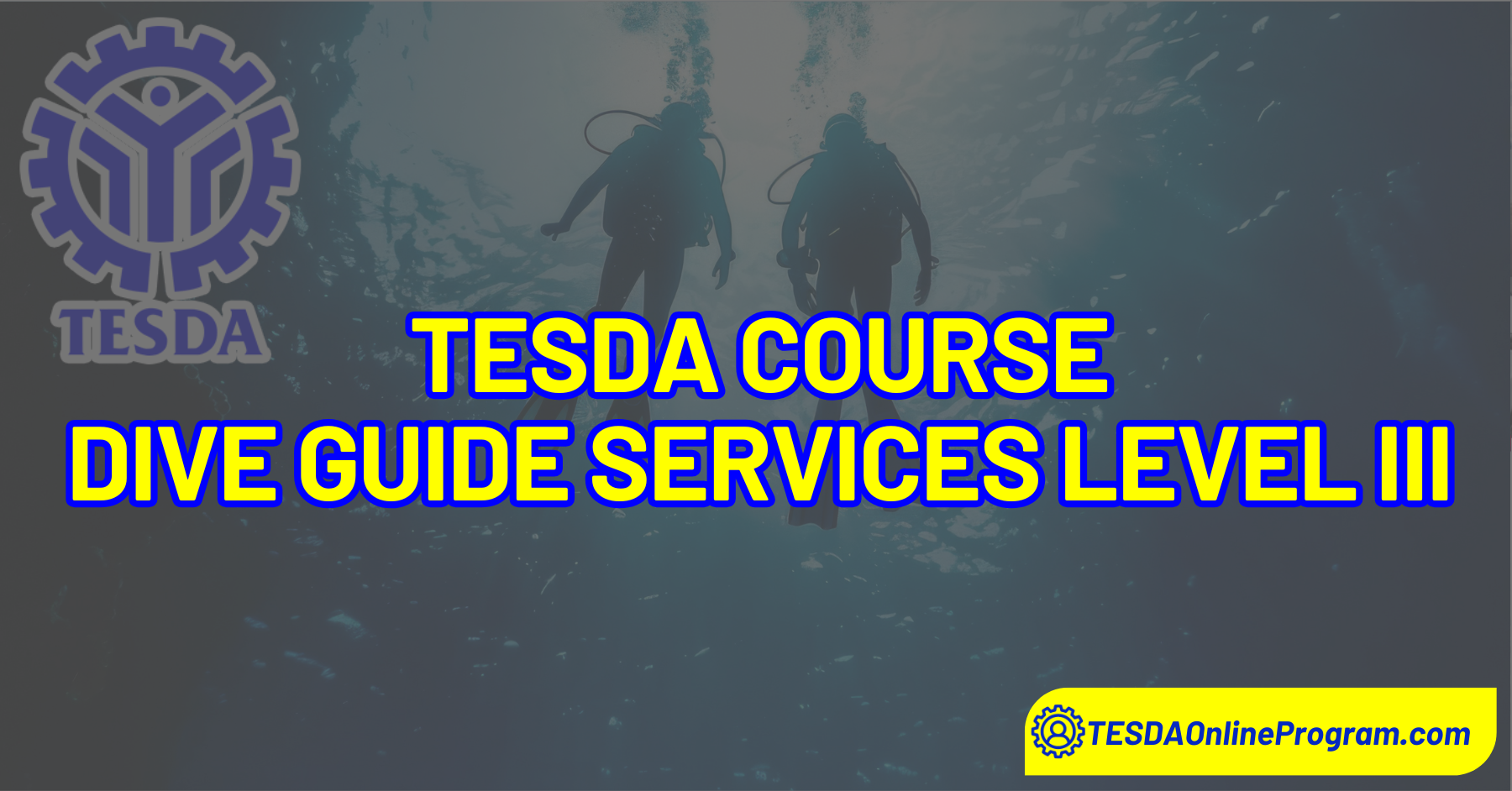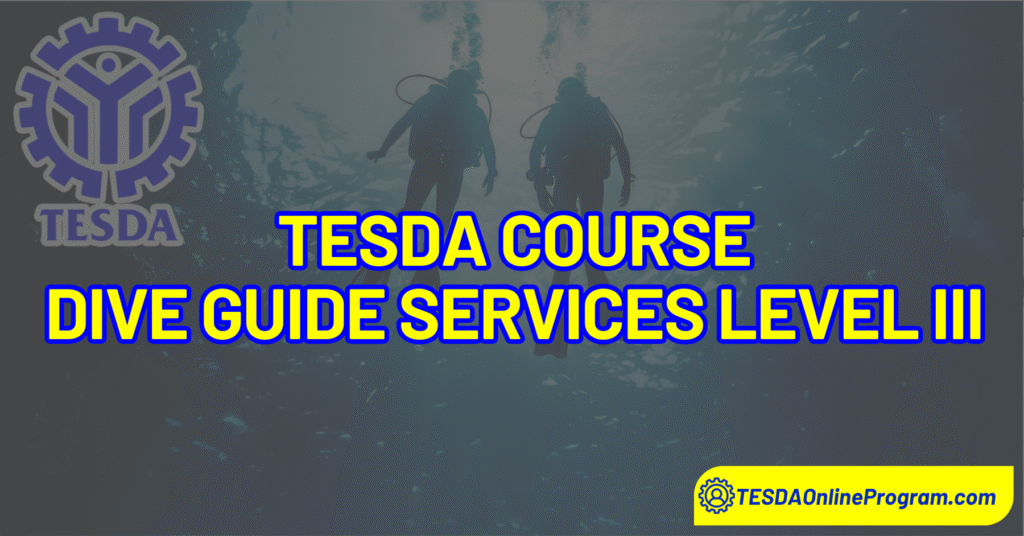Are you looking to enhance your language skills or prepare for opportunities abroad? TESDA offers free language and culture training programs, including Japanese, English, Mandarin, Spanish, and Arabic.
Also read: TESDA Trainers Methodology Courses
These programs are designed to equip you with the skills you need to succeed, whether you’re pursuing work opportunities like the Japan-Philippine Economic Partnership Agreement (JPEPA) or simply aiming to expand your horizons.

Benefits
Here are some benefits of taking language and culture training programs by TESDA:
- Improved Language Skills: These programs enhance your reading, writing, and speaking skills through guided activities and expert trainers.
- Cultural Understanding: Learn not just the language, but also the customs, traditions, and values of the cultures where it’s spoken.
- Increased Employability: Knowing multiple languages sets you apart in a global job market, especially for companies with international ties.
- Personal Growth: Learning a new language is fun and rewarding, broadening your perspective and opening doors to new opportunities.
List of Language Courses
Here are the language courses available along with their durations:
- English Proficiency for Customer Service Workers – 100 hours
- Basic Japanese Language and Culture – 150 hours
- Basic Mandarin Chinese Language and Culture – 100 hours
- Basic Arabic Language and Saudi/Gulf Culture – 100 hours
- Basic Spanish Language for Various Professions – 100 hours
These courses are designed to equip individuals with the basic knowledge and skills in a specific language. Each course includes not just the language itself, but also its corresponding culture, making it more comprehensive and relevant for learners.
For the list of LSI Regional Sites Directory, please click HERE.
Qualifications
- Filipino nationality
- Minimum age requirement of 18 years
- Male or female gender
- Completion of high school education
Also read: TESDA Communication Online Course
Training Schedule
Morning Session
- 7:30 am – 11:30 am (Monday to Friday)
Afternoon Session
- 12:30 pm – 4:30 pm (Monday to Friday)
Note: No evening or weekend classes.
Requirements
- Original and photocopy of any of the following:
- College or High School Diploma
- Transcript of Records
- Training Certificate from TESDA registered program
- National Certificate or Certificate of Competency issued by TESDA
- Original copy of NSO birth certificate/marriage certificate
- Three (3) pcs. 1”x1” and (1) pc. 2×2” ID pictures with white background
- Career Profiling (to be scheduled during enrolment)
For inquiries, contact POEA at 722-1144 or 722-1156. TESDA provides classroom and dormitory facilities only.
Important Updates
- TESDA NLSI email has changed to lsi@tesda.gov.ph.
- To avail of TESDA free language training (English, Japanese, Mandarin, Spanish, Arabic), register online via the TESDA homepage. Priority is given to pre-selected or nearly-hired applicants.
- Walk-in applicants can leave their name and contact number at the TESDA NLSI lobby. You will be notified if selected for the next batch.
Summary
The TESDA Language and Culture training programs offer a wide range of benefits, from improving language skills to increasing employability. These courses are open to Filipino nationals who meet the qualifications and are free of charge. With TESDA commitment to providing quality education, learners can expect comprehensive and relevant training in their chosen language. Enroll now and take the first step towards expanding your horizons! So, don’t miss this opportunity and start learning a new language today with TESDA.




